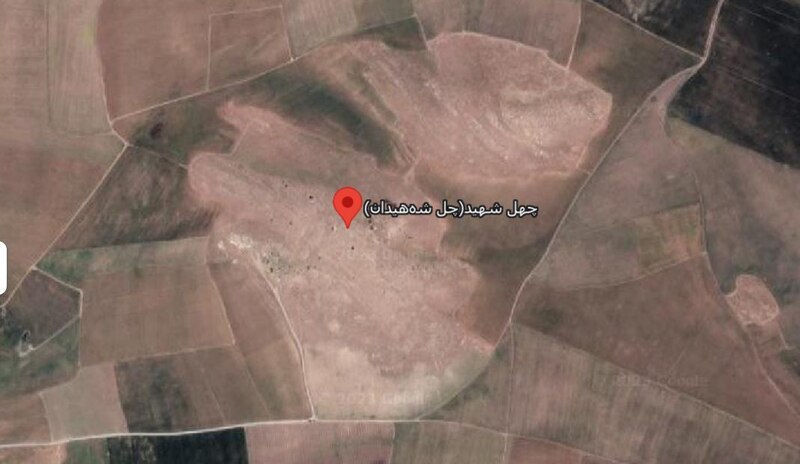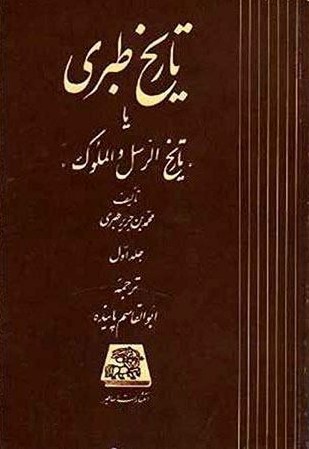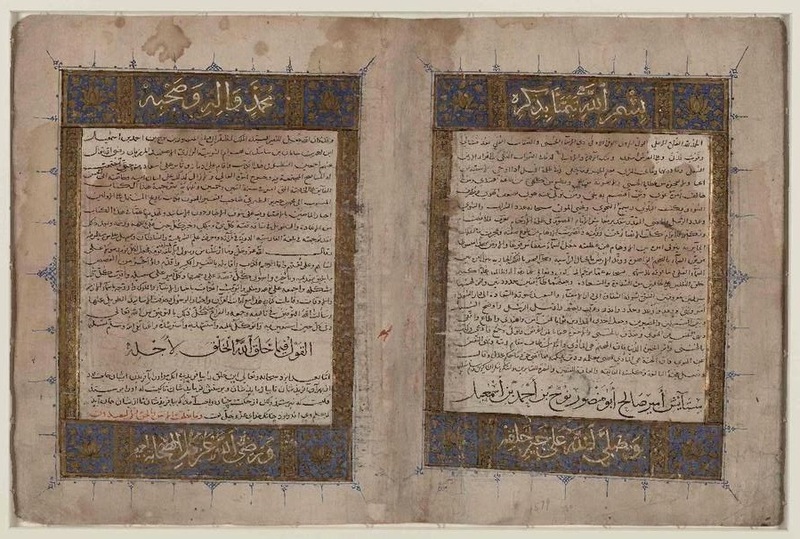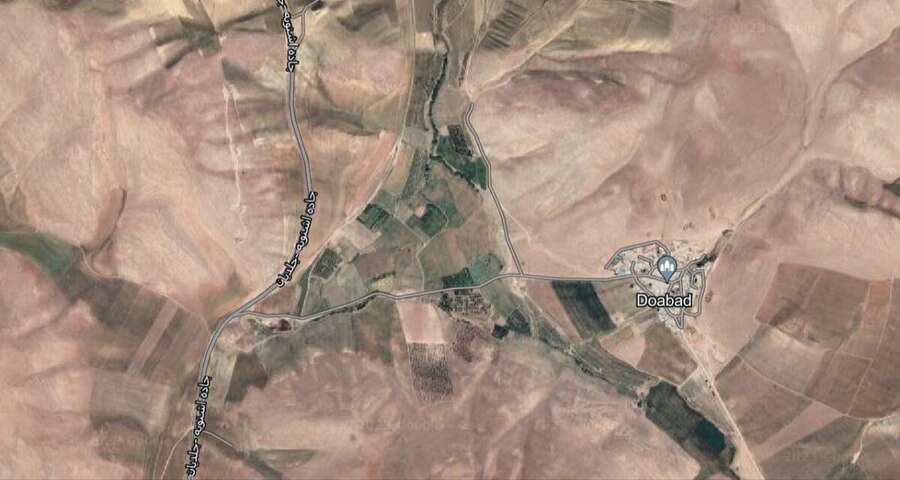Shno
Since Islam as a religion has spread to Kurdistan to convert the people, Kurdistan has created a lot of history that was not its own; a lot of history has been misrepresented and a lot of history has been mixed with religion.
The influence of Islamic history still exists in many areas of Kurdish life and society. One of the subjects on which most of the facts have been distorted or hidden under the name of Islam, martyrs, destiny, and such words have been wars.
Between the two cities of Shino and Piranshahr, a village called Duawan is located on the road between the two cities. The Kurdish word suggests that it is located between two waters or in a place full of water, but this is not correct. In Arabic, the village is called "Duab" as the Persians called it Duab too. Duab means animals that carry burans and loads. It seems that the Kurds gave it this name because of the water it has.

The village is located on a hillside and has a very attractive view in spring. Since ancient times, local people have talked about a place known as the Forty Martyrs of Duawan. Once upon a time, it was a resort for some people and many people with strong religious feelings visited it and began to pray for the fulfillment of their dreams.
In the spring, when the land and plains were fresh, water flowed from every stream. Among the forty martyrs of Duawan, there was a well from which water came out in spring. People believed that it was the footprint of the horse of one of the Prophet's Companions, and to gain their dreams, they would drink its water. It is worth mentioning that the spring was only watered in spring. The rest of the seasons were dry.
However, there is a book called History of Tabari written in Arabic in 16 volumes. The book deals with pre-Islamic and post-Islamic events in great detail. One of these events is a discussion of the forty martyrs of Duawan.

The history of Tabari tells us that when Islam came to the area and people were forcibly converted to Islam, there lived in a village called Jaldiyan an elder who was the chief of the village and had a very beautiful, delicate, and charming girl who was known as golden hair girl. The village chief was rough and powerful and was loved by the people.
The book tells that a group of Islamic armies with a commander ruled the people in the area. When the commander finds that she is in the village, he desires to marry her. But the demand ends in a war.
Tabari said the commander sent his soldiers several times to ask for the girl, but each time they were refused by the girl's father. Once they returned, the commander of the army who had asked for the girl told his father to give her to him, otherwise he would come and take her by force.
The army's recommendations convey this to the girl's father and threaten him. The girl's father says to tell the commanders that we must all be killed or our honor will not be taken. According to Tabari, the Islamic Army attacked the village, and fighting started.

Tabari says that the Islamic army went to win the battle, but the villagers and supporters of the father of the girl came to the army and the army suffered a major defeat which was recorded in history. In the battle, a large part of the Islamic army fled and forty people, including the commander, were killed. Tabari says they are buried somewhere in the area and it looks like a holy place.
According to the history told by Tabari, it appears that because Islam and religion dominated the people, the historical story was considered sacred and the people of the region still have a special religious affection for the place. It is alleged that they were the Companions of the Prophet and fought for Islam, which is obviously not the case and is misleading. What is also clear is that their war was not for Islam but for the occupation of Kurdistan and the attack on the honor of the people.








